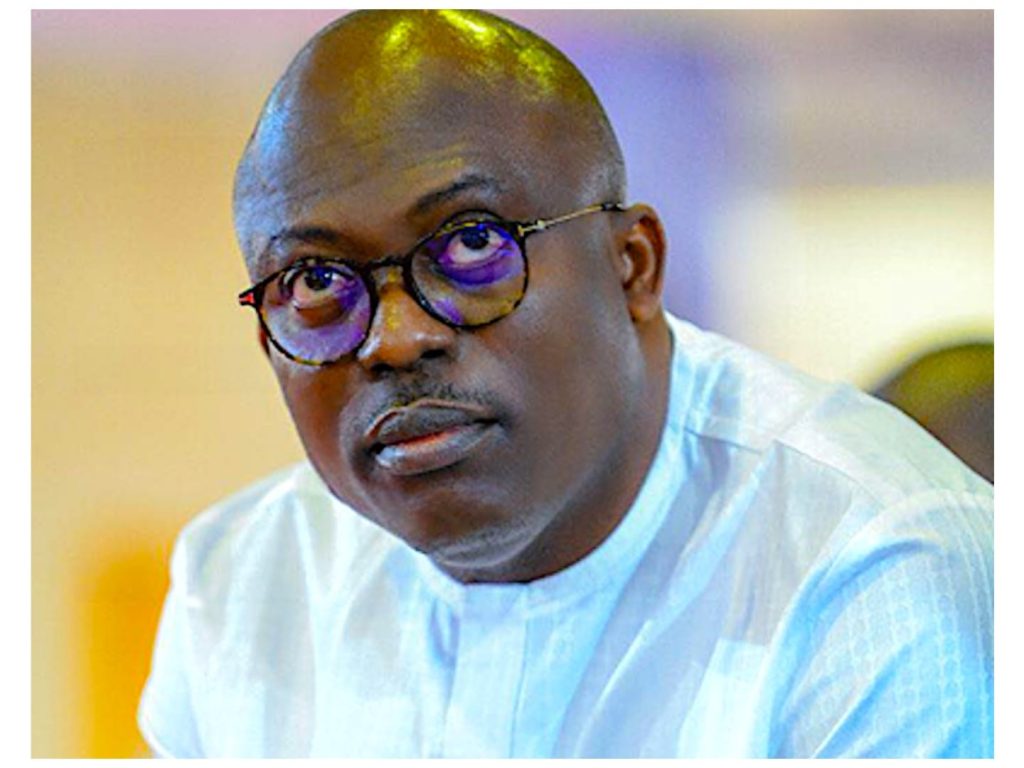The Nigerian Naira has experienced significant losses against the United States dollar in the official foreign exchange market. According to the Central Bank of Nigeria’s exchange rate, the Naira declined substantially to N1,456.73 on Friday, November 21, 2025, compared to N1,442.43 on November 14. This represents a weekly loss of N14.06 against the dollar.
In contrast, the black market rate remained stable at N1,465, unchanged from the previous week. This stability comes despite the black market currently facing low patronage. The official market’s decline is notable, given Nigeria’s foreign reserves increased by 1.25% to $43.64 billion over the last week.
The Naira’s depreciation against the US dollar may have implications for Nigeria’s economy, particularly in terms of trade and investment. A weaker Naira can make imports more expensive, potentially leading to higher prices for consumers. On the other hand, a stable black market rate may indicate a degree of resilience in the informal exchange market.
Nigeria’s foreign reserves have been steadily rising, which could provide a cushion against future economic shocks. The increase in reserves is a positive development, as it can help the country meet its international obligations and maintain economic stability.
The decline of the Naira in the official market, combined with the stable black market rate, suggests that the country’s foreign exchange market is complex and influenced by various factors. As the global economy continues to evolve, Nigeria’s currency market will likely remain subject to fluctuations, making it essential to monitor developments closely.
The recent change in the Naira’s value against the US dollar highlights the importance of a stable and well-managed foreign exchange market. The Central Bank of Nigeria will likely continue to play a crucial role in maintaining economic stability, and its decisions will be closely watched by investors and stakeholders. As Nigeria navigates its economic challenges, a stable currency will be essential for promoting trade, investment, and growth.



